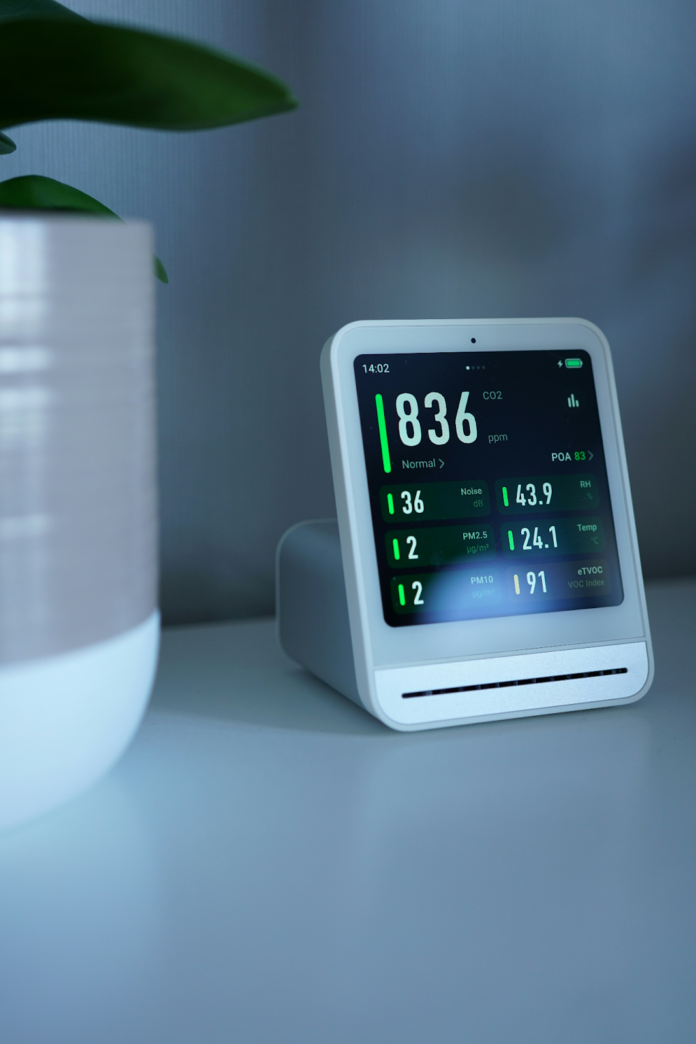Life can change in small ways. Maybe you took a hard fall last winter. Or a family member’s mobility isn’t what it used to be. Or perhaps you simply want peace of mind knowing that help is just a button push away. Medical alert systems provide that safety net for many people who want to maintain independence while also covering their bases in case of an emergency.
Choosing the right system means matching it to your day-to-day life, understanding what features are essential, and knowing how costs add up. If you are researching the best medical alert system for yourself or someone you care about, it helps to compare providers with transparent reviews and rankings that account for features, reliability, and lifestyle fit. The How to Choose a Medical Alert System Guide by Consumers Best offers that kind of comparison with clarity.
What You Should Know Before Buying
Examine Your Daily Activities
Think about where emergencies are most likely to happen. Do you spend most of your time inside the home or are you often out walking, shopping, or traveling? Systems designed for indoor use may not help when you are on the go. A mobile alert system with GPS and cellular connectivity provides better protection if being outside or moving around is common.
Also consider obstacles such as stairs, slippery floors, and lighting. A well-placed button or wearable that is easy to access matters as much as the alert service itself.
Essential Features That Truly Matter
Some features are nice extras; others are lifesavers. Automatic fall detection is an example of something you might not think you need until you need it. Water resistance is important if you want to wear the device in the shower. Long battery life and reliable monitoring are also key.
The quality of the monitoring center matters. How fast do they respond? Are they local or remote? Are they trained to handle medical emergencies or only wake or assistance requests? Ask about response times, training, and whether you get live help when an alert is triggered.
Look for Transparency in Costs
Many systems seem affordable at first but have hidden fees. Activation fees, cancellation charges, battery replacement cost, or extra monthly charges for certain features can pile up. It is better to know all the costs before you commit.
Flexible contracts help. If the system lets you cancel monthly or adapt plans without penalty, that is a plus. A service with a high initial fee but no long‐term contract might still be worth it if you value freedom and simplicity.
Matching System to Your Needs
In-Home vs Mobile vs Hybrid
An in-home system is typically cost-effective and reliable for most emergencies inside the house. A basic unit plugged in with a wearable button or remote works well. A mobile system offers GPS tracking and works as long as there is cellular service which is better for people who travel or spend time outdoors. Some systems combine both in-home base units and mobile wearables to maximize coverage.
Features for Special Cases
If mobility is limited because of conditions like arthritis, or if medical history includes frequent falls, prioritize fall detection and emergency response. If cognitive decline is a concern, look for systems with caregiver alerts that send notifications to partners or family members. If the user is likely to forget to charge or wear the device, choose something low-maintenance.
Making the Final Decision
Test the user interface, comfort, usability, alert feel, and range of coverage. Read independent reviews. Look for unbiased rankings that note trade-offs between cost and features.
Once you feel confident about the system that seems to match your lifestyle best, check the warranties, the return policies, and what support is available if something breaks. All those details matter.
Living More Securely with Confidence
Choosing a medical alert system is about more than acquiring a gadget. It is about living with dignity, peace of mind, and confidence that in an emergency you are not alone. The right system adapts to your needs, stays simple to use, and gives you support exactly when you need it.
If you are ready to explore trusted comparisons and side-by-side evaluations of many alert systems, Consumers Best’s guide How to Choose a Medical Alert System will walk you through features, pricing, and matching systems to lifestyles in a clear and helpful way.

